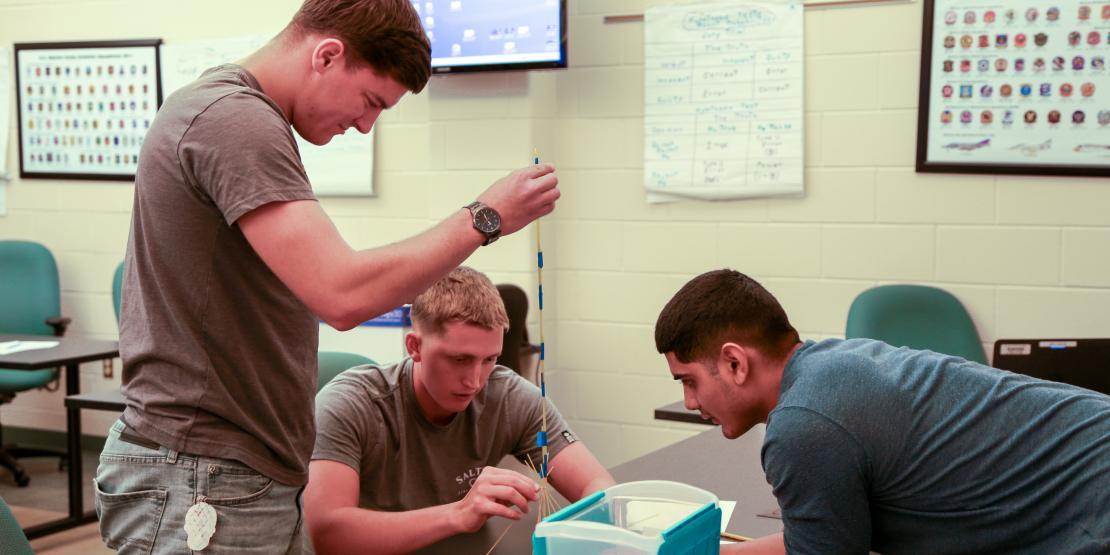Veteran students interested in using VA benefits toward workforce training have several opportunities available. The college cooperates with the Department of Veterans Affairs (DVA) and the North Carolina State Approving Agency in assisting eligible veterans/dependents with their education benefits.
Not all courses in Workforce Development are approved for use with VA benefits. Workforce Development students interested in using their VA benefits with a Workforce Development course must work with the Veterans Affairs office to ensure that their Veteran benefits are current and they have all necessary paperwork. Students using their VA benefits will not be allowed to register to Workforce Development VA-approved courses until they have been approved by the Veterans Affairs office.
Students may contact our School Certifying Official's office at 252-638-7231 or visit Craven CC’s Military Resource webpage for more information regarding all military benefits.
Visit our Transcripts page for information on submitting your Joint Service Transcripts (JST) and other military transcripts.
To see if the program you're interested in is approved for VA educational benefits, please visit our Workforce Development page and view the specific program. A full list of programs is also available below.
- Barbering Concepts
- BioWork: Process Technician
- CDL Truck Driver Training
- Craven County Fire Academy
- Diesel Engines
- EMT Advanced
- EMT Initial
- FAA General/Airframe
- FAA General/Powerplant
- Heavy Truck Systems & Repair
- Massage Therapy
- Mobile Crane Operator Training
- NCCER Carpentry (All 2 Levels & Combo)
- NCCER Electrical (All 4 Levels & Pathway)
- NCCER Heavy Equipment Operations (All 2 Levels)
- NCCER HVAC (All 4 Levels & Pathway)
- NCCER Masonry (All 2 Levels)
- NCCER Plumbing (All 3 Levels & Pathway)
- NCCER Welding (All 4 Levels & Combo)
- Paramedic Clinical/Ride Time
- Paramedic Initial
- Surgical Technology 1
- Surgical Technology 2
Chapter Questions
Do you have questions about which chapter you're eligible for? While we cannot officially advise you on which chapter to choose, we'd be happy to speak with you about it and help you understand your options.
If you need official advising on selecting the chapter that best fits your situation, please contact the Department of VA Education Office at 1-888-442-4551 or visit va.gov/education.
Contact Information
Veterans Affairs Office
Barker Hall
252-638-7231
